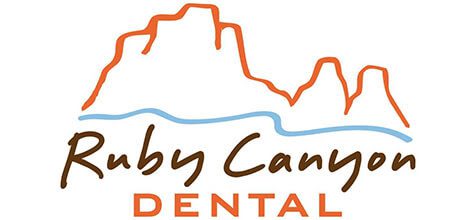
THERE WON’T BE a pop-quiz later, but we still want our patients to be familiar with the anatomy of their teeth, starting with the crown and going down to the roots. Everything visible above the gums is the crown, which has three layers.
Tooth Enamel
On the outside is the enamel, the hardest substance in our bodies. It needs to be that hard to withstand a lifetime’s worth of chewing our food, but enamel doesn’t replace itself once it’s gone. That’s why it’s so important to brush, floss, limit our consumption of sugary and acidic food and drink, and schedule regular dental cleanings.
Dentin and Pulp
Underneath the enamel is the dentin, a more bony layer that is yellow and porous. At the very center is the pulp chamber, which contains nerves and blood vessels. The pulp is how our teeth feel temperature changes and pain if something is wrong. Never ignore dental pain; it’s a natural warning sign from the body!
Roots
Beneath the gum line are the roots of the teeth. They’re longer than the crowns, anchored deep in the jawbone and cushioned by the periodontal membrane. Unlike the crowns, roots are only protected by gum tissue and cementum (which isn’t as hard as enamel). Each root tip has a tiny hole, through which nerves and blood vessels connect to the pulp.
